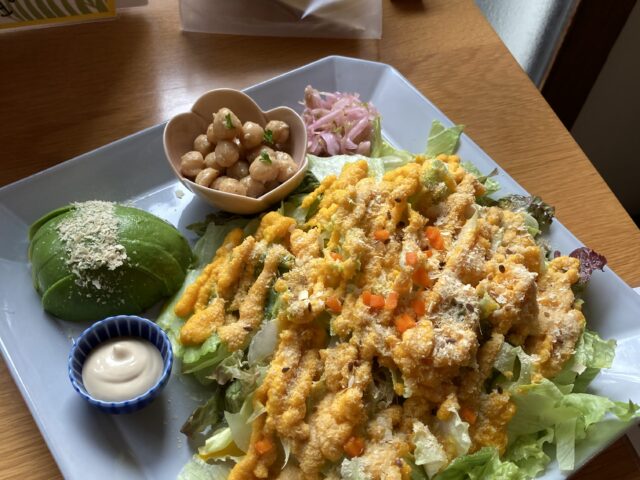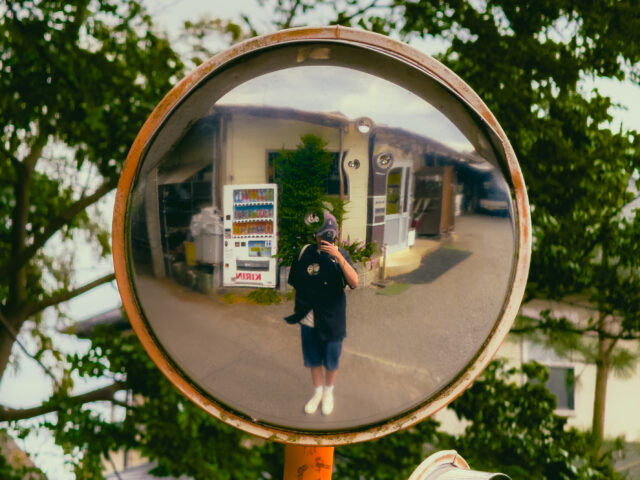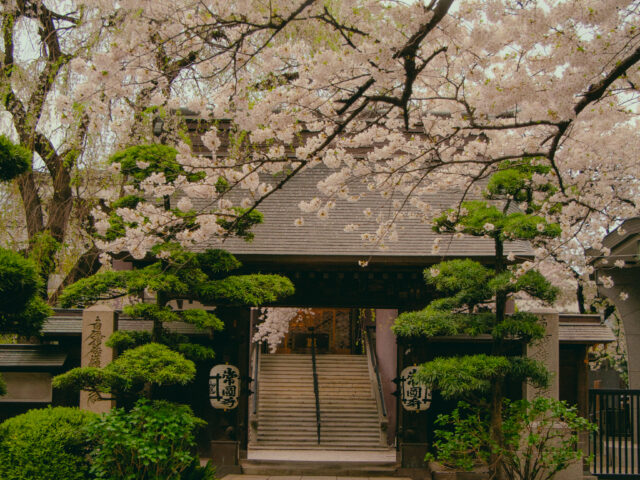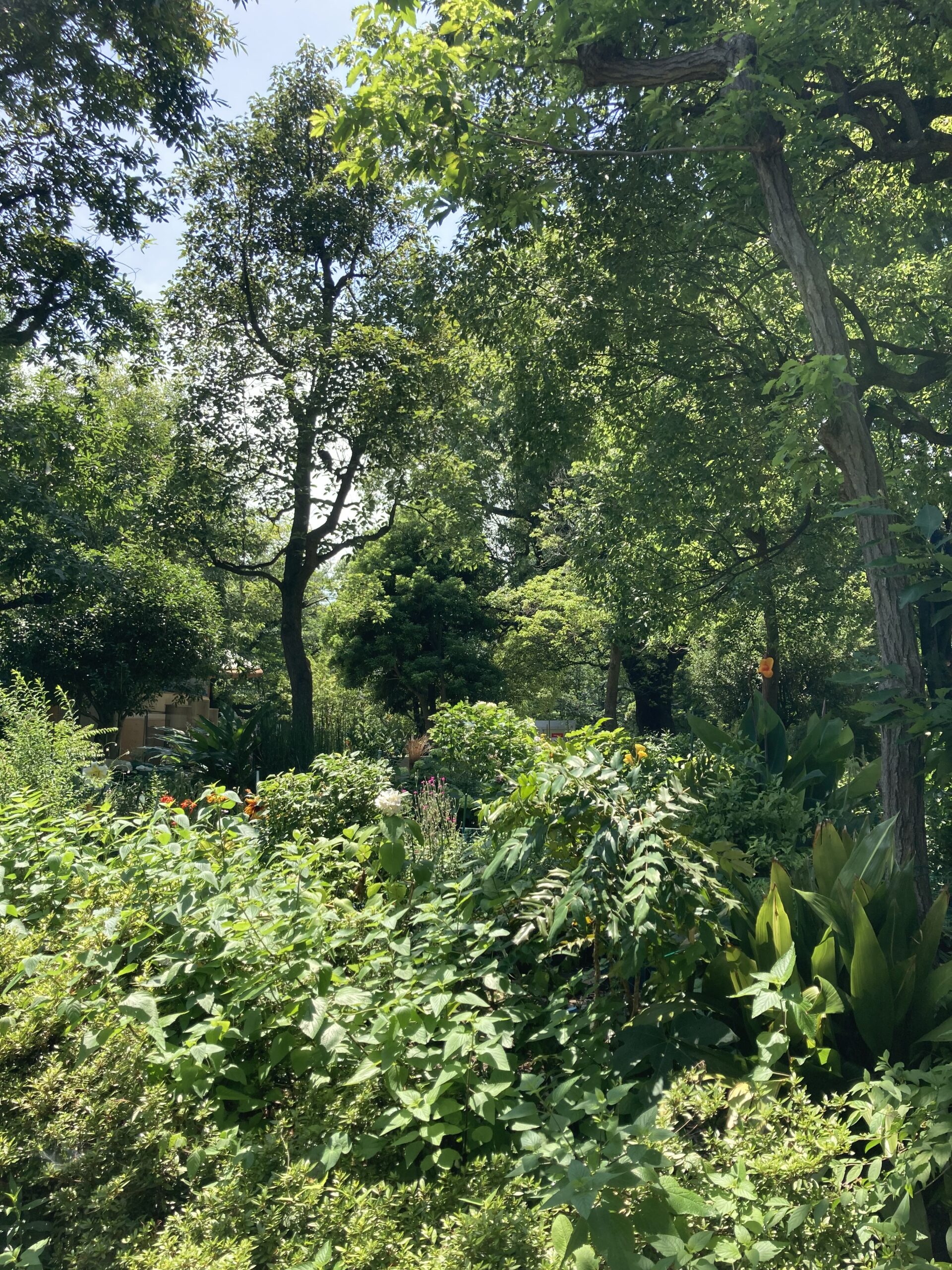
Surviving Japan’s Summer Weather
I’m from Virginia and am familiar with humid summers, but truly nothing compares to Japan’s summer humidity. No matter the kind of tolerance you think you have for hot, sticky weather, prepare to meet your match in Tokyo. You will arrive everywhere sweaty. But there are a few simple things that you can do to help. For instance, staying hydrated.
Convenience stores sell 2-liter bottles of cold water for very cheap. I also recommend bringing a reusable water bottle that you can refill throughout your days. The stores also sell salt tablets (they come in a big blue bag and are difficult to miss), and taking one of these a day is an excellent way to help replenish your electrolytes.
You will likely be out in the sun, so it is a good idea to apply sunscreen. My favorite brand is Anessa, which is sold at many pharmacies and convenience stores. Although I have yet to try this, UV umbrellas are also a popular form of sun protection among Japanese people.
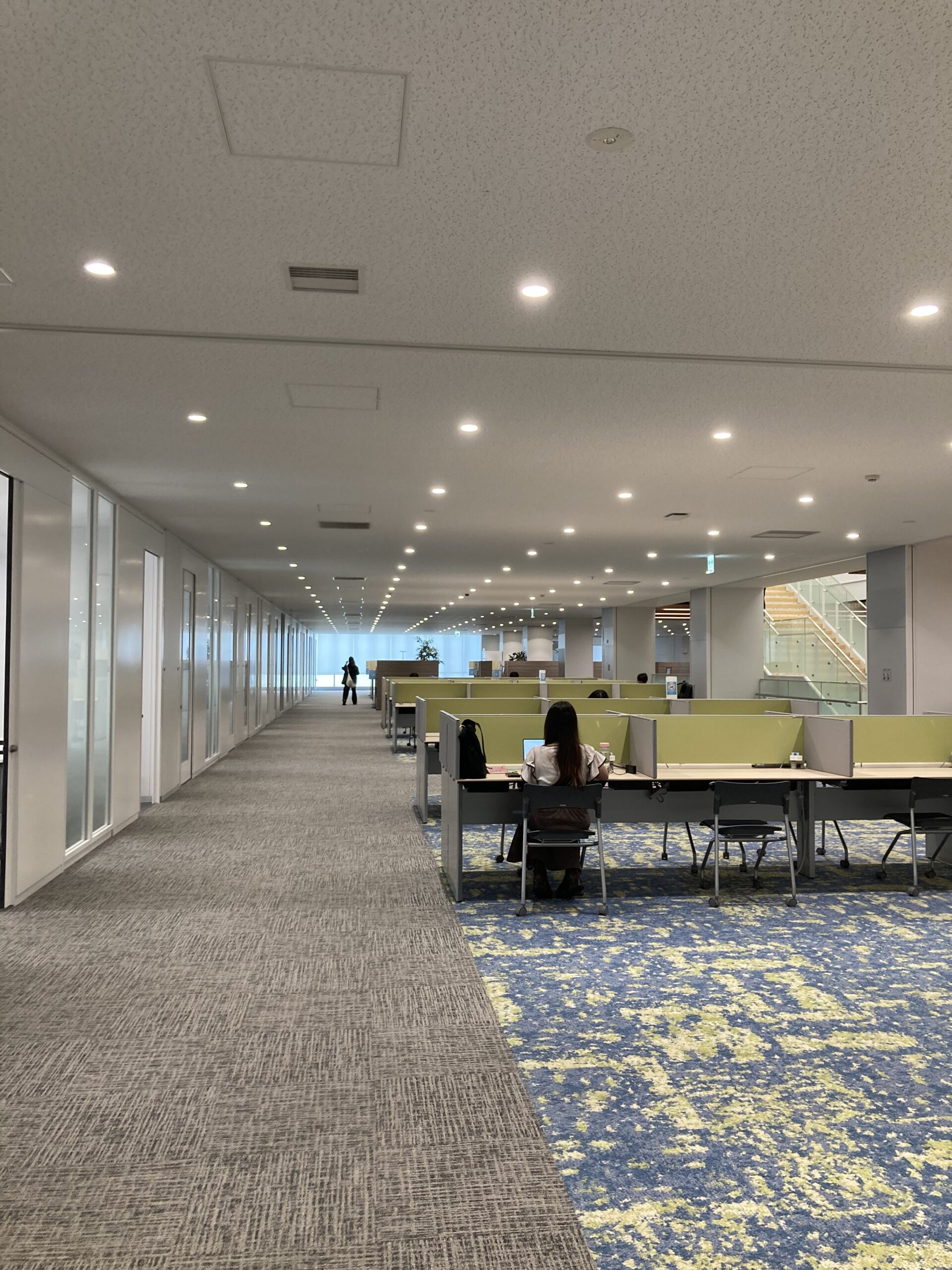
J.F. Oberlin University’s Shinjuku Campus
Before arriving, I was nervous and eager to see what JFOU would be like, and whether I would enjoy my day-to-day schedule. It was difficult for me to find much information beforehand, so I decided to go into this experience without any expectations. However, I have found my day-to-day life studying here to be incredibly exciting and enjoyable. My language classes have been engaging and quick-paced, the campus is beautiful and in a great location, and the students are friendly.
As I learned during our orientation, JFOU is a school that prioritizes international relations and cross-cultural connections. This attitude is reflected in one of our daily homework assignments, to have conversations with Japanese people (whether that be with students at the school or people we meet outside of campus) and incorporate grammar points that we learned from that day into our conversation. While this assignment has been a bit daunting, it has helped me become more comfortable approaching students and practicing speaking Japanese.
JFOU also believes that experiences play an important role in understanding culture, so during our time here, we can attend such events as a traditional tea ceremony, a calligraphy-teaching event, class field trips, and more. And after class, I’ve found that there is still plenty of time to explore the city and seek out new adventures.
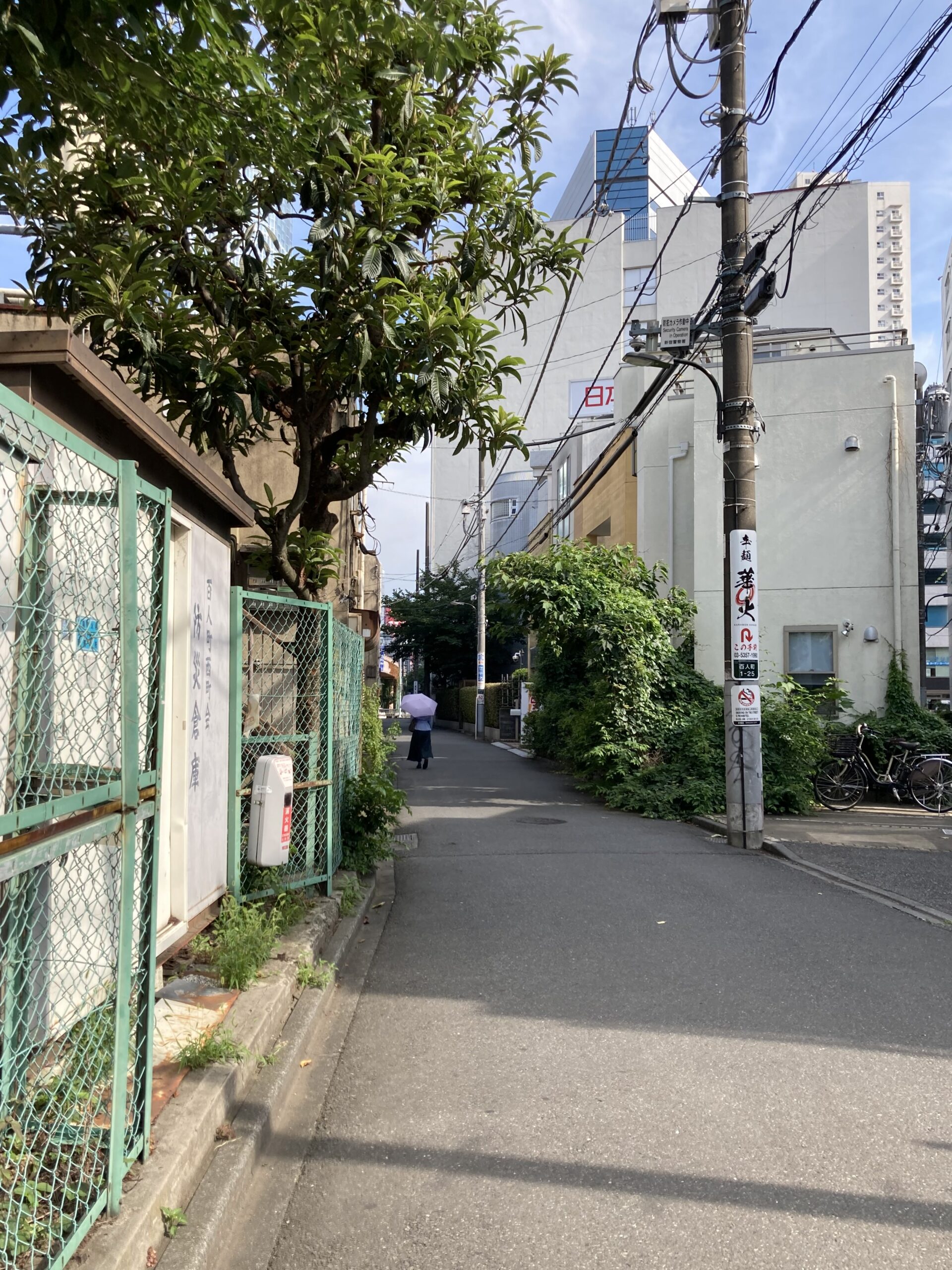
Transportation
In my opinion, it is good to become familiar with the train system during your first few days and practice taking it to and from school. I have learned the hard way that the most important part about taking the trains is paying special attention to enter and exit through the parts of the station that Google Maps directs you to; don’t be like me and naively assume that this doesn’t matter.
The bigger stations are truly mazes, and entering or exiting the wrong place can displace you much more than you would think. But, after you’ve become comfortable with the trains, I would definitely recommend walking if you’re close enough; it’s a great way to familiarize yourself with the area, the views can be great, and most importantly, it’s free!
Weekend Outing
One of the best things about being in Japan during the summer is that there are many different festivals happening. During our first weekend, some classmates and I ventured out to Fuchu and visited a Hydrangea Festival. While Shinjuku is an exciting place, it was nice to have a break from the busy city and explore the quiet suburbs.
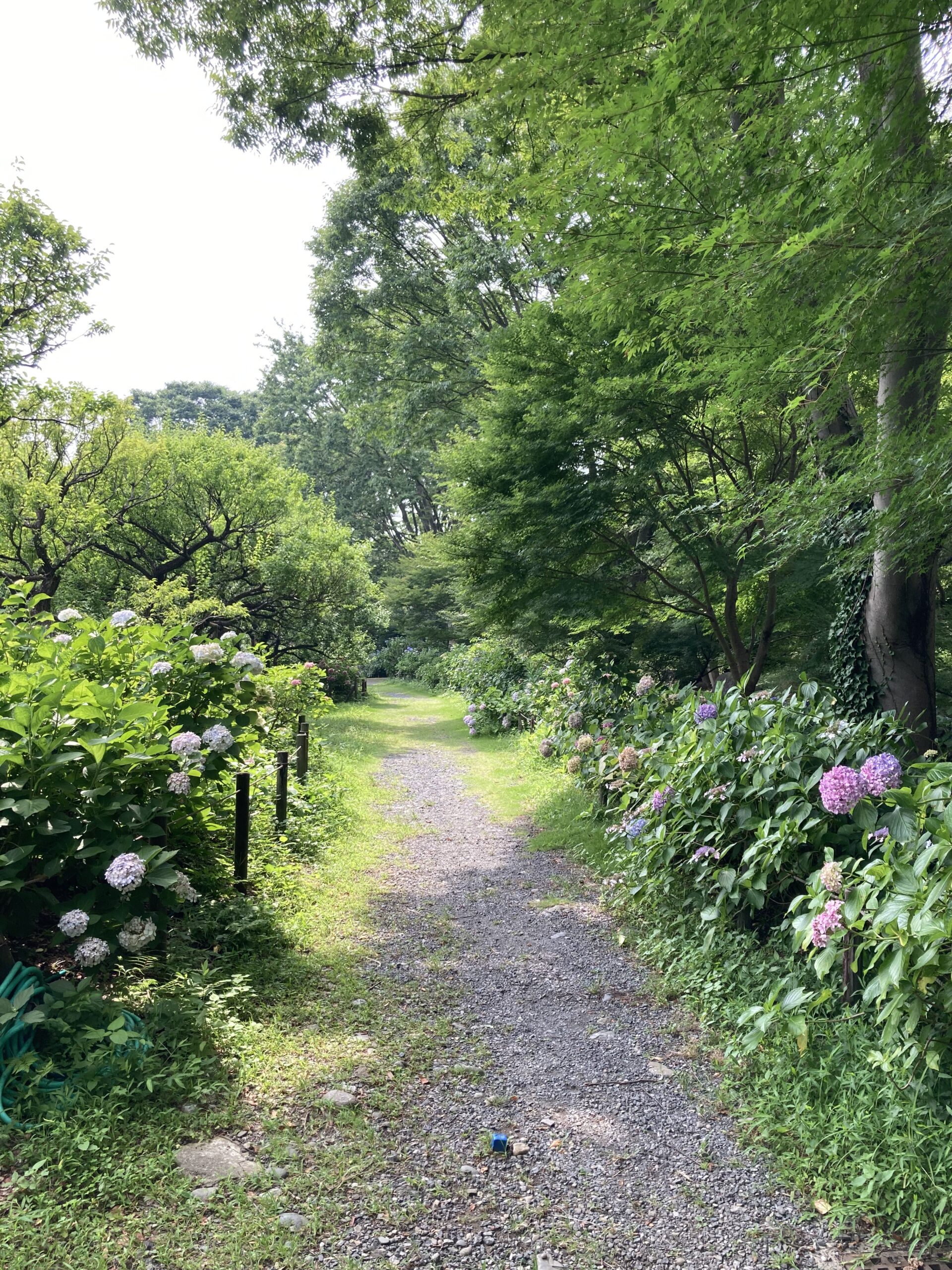
We spent the afternoon wandering through paths lined with beautiful blue flowers and greenery and only began to head back when we saw dark storm clouds moving our way. We made it back to Shinjuku Station just as a massive thunderstorm began, with rain blowing sideways and lightning strikes that sounded like they were only a block away. Please learn from our mistakes and always pack a raincoat or umbrella during the rainy season unless you wish to spend your time blow-drying your shoes in your hotel room!
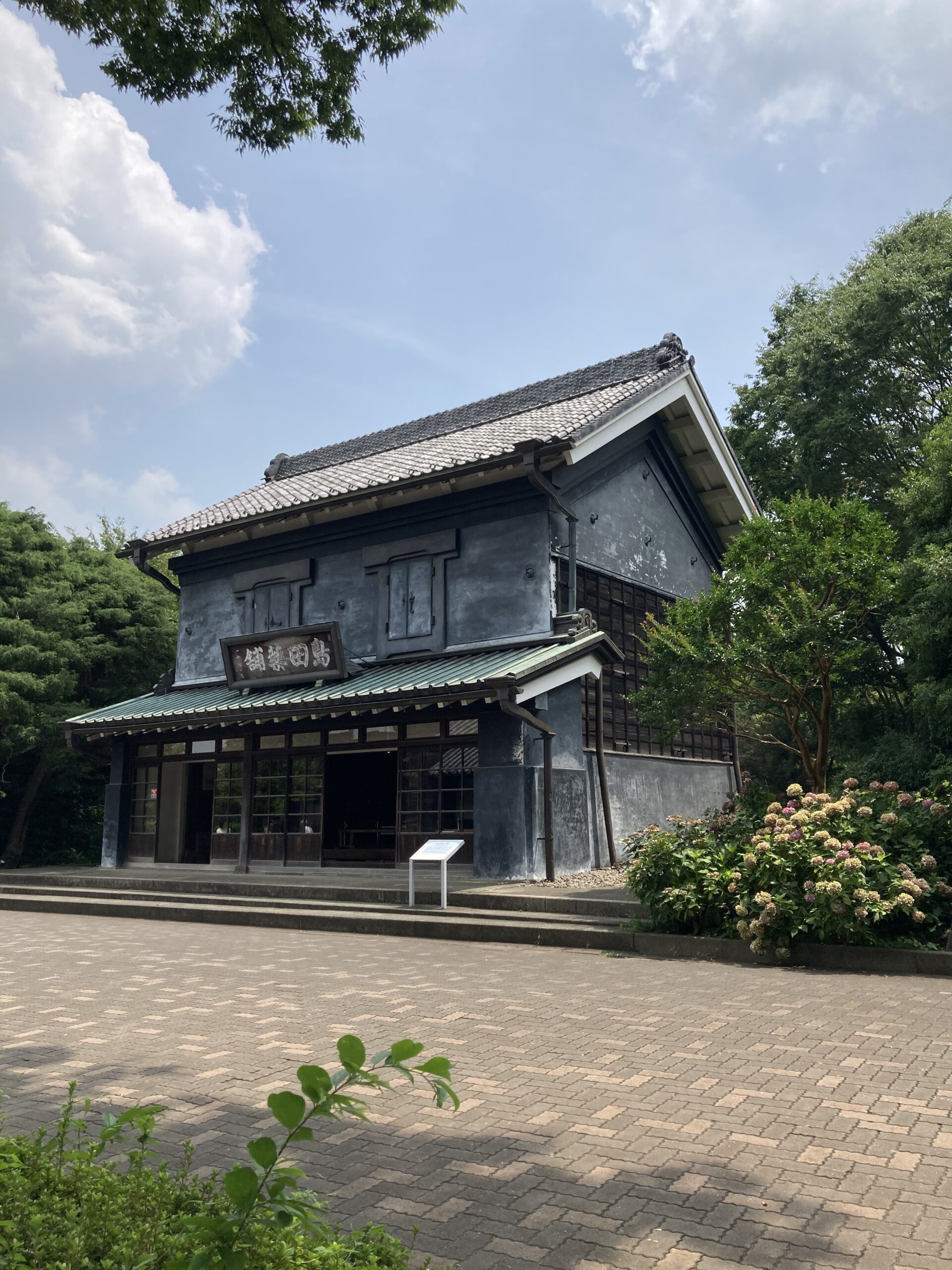
Annie Santos, Bennington College, is studying abroad in Japan with TEAN.




